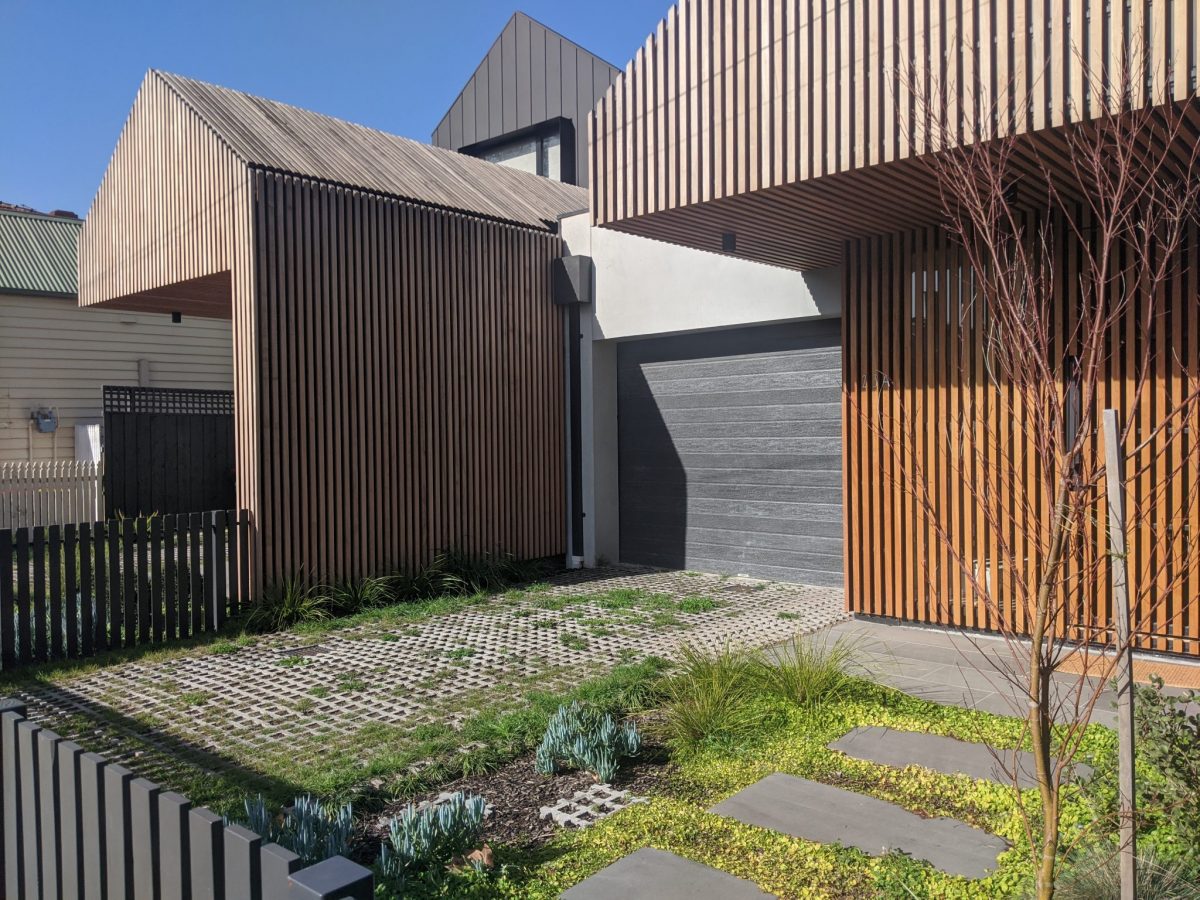This project explores the intersections between household low carbon retrofit, energy vulnerability and local environments to place ‘natures’ more firmly into discussions and governance of retrofit for energy vulnerable households.
Project Background
Trees, other plants, the weather and climate are central actors influencing urban health, wellbeing and equity, the thermal performance of housing and the adaptive capacities of householders to respond to extreme weather. Yet the environmental elements shaping energy vulnerability, adaptive practice and retrofit remain overlooked as retrofit research and practice has focused on smart low carbon technologies, building envelopes and, more recently, the human social relations and practices that shape energy demand.
Trees, other plants, the weather and climate are central actors influencing urban health, wellbeing and equity, the thermal performance of housing and the adaptive capacities of householders to respond to extreme weather. Yet the environmental elements shaping energy vulnerability, adaptive practice and retrofit remain overlooked as retrofit research and practice has focused on smart low carbon technologies, building envelopes and, more recently, the human social relations and practices that shape energy demand.
Research and Scope
This project investigates how placing trees and plants, climate and heat, more firmly into discussions of household retrofit and fuel poverty might inform policy and practice. It will outline the ways these missing “natures” figure in experiences and practices of household retrofit to assist those making decisions around retrofit policy and program provision.
Outcomes and Impact
The project will contribute to retrofit governance by showing how plants, weather and outdoor spaces are central to discussions of household retrofit and fuel poverty.
Funding
This project is part of the ARC Linkage Household Energy Efficiency Transitions Project, and funded by the Fuel Poverty Research Network.

Image credit: Julianna Rozek


